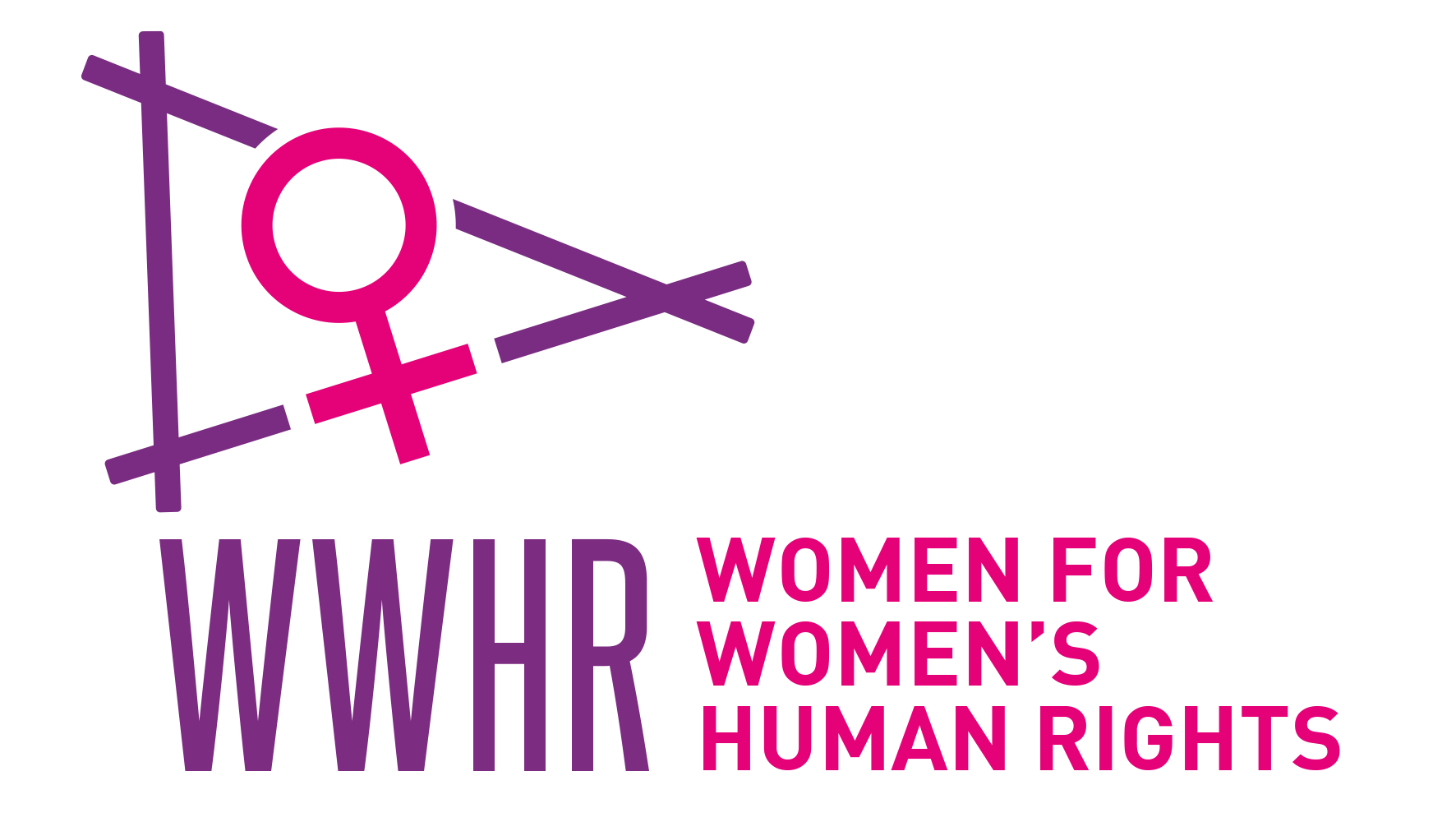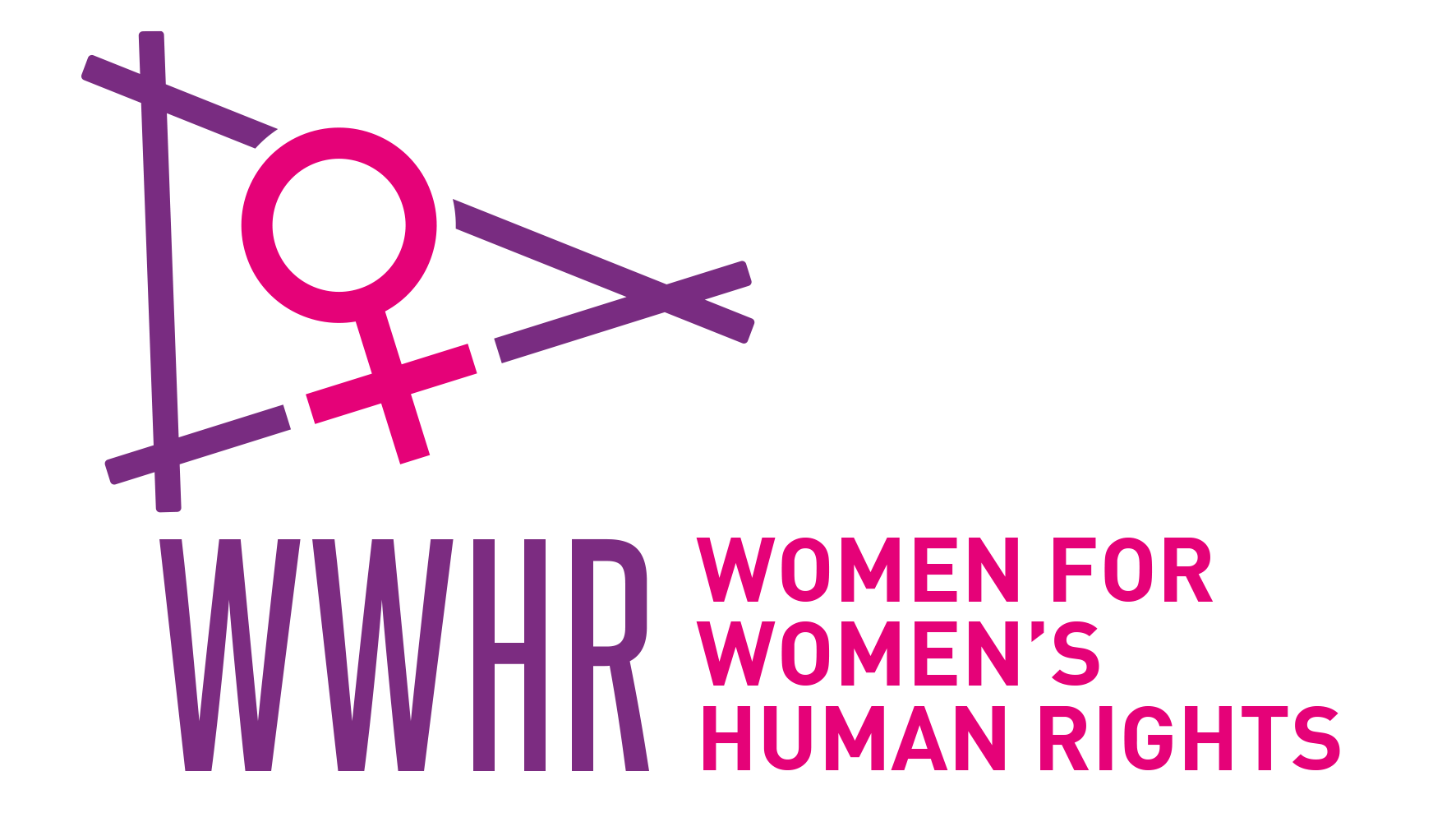Women and the Family in Eastern Turkey (1998, Turkish)
The Civil Code putting an end to the parallel legal systems in place under the Ottoman Empire, secularizing family law, institutionalizing monogamy and according women equal rights with men in many areas, aimed to institute the ‘modern’ family. One of the main assumptions made by the Republican intelligentsia was that the transformations intended through reforms including the new Civil Code would spread across the country by means of industrialization, modernization, and the establishment of a widespread network of education. They believed that the diverse array of laws and practices regarding the family that were in place at the time of the founding of the Republic varying according to regional circumstances, religious interpretations and ethnic background would simply disintegrate as a result of modernization. By the 1990s it was clear that despite the various transformations Turkey had undergone, the family remained the most traditional institution in Turkish society, and the effects of modernization were not identical across the board as foreseen, but varied based on class, ethnic identity, religious sect, modes of production, local circumstances and regional characteristics. In this sense, Eastern Turkey provides one of the most striking and contradictory examples of the impacts of modernization and the relationship between modernization and gender relations as identified by Yakın Ertürk, with its historical autonomy from central authorities as well as its economic, ethnic and class structures.
Pınar İlkkaracan
Bilanço 98: 75 Yılda Kadınlar ve Erkekler (Tally 98: Men and Women in 75 Years), p. 173–192
Tarih Vakfı (History Foundation)
Istanbul, 1998



